Swimming in the summer provides a refreshing feeling for the body; however, pool water often contains high levels of chlorine, which can cause skin dryness, itching, and hair to become dry and tangled.
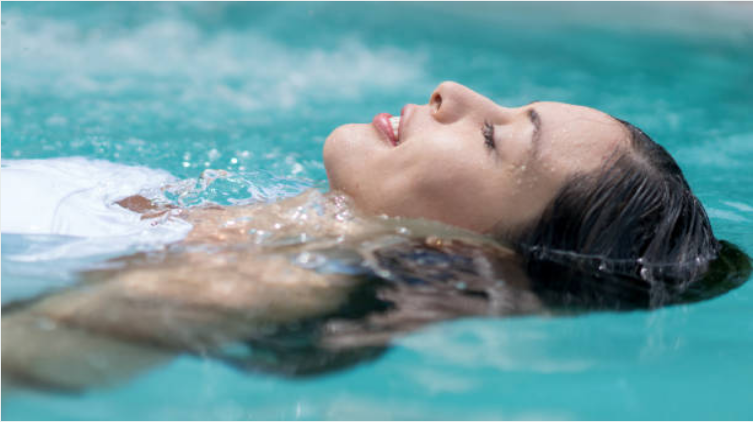
Exposure to pool water, particularly chlorinated water, can have noticeable effects on the skin and hair. Chlorine, commonly used as a disinfectant in pools, is effective at killing bacteria and viruses, but its chemical properties can also pose challenges for skin and hair health.
One of the most common issues experienced by swimmers is dryness and irritation. Chlorine tends to strip away the natural oils that protect the skin and hair, leading to dryness, itching, redness, and discomfort. This can be especially problematic for individuals with sensitive skin, who may experience more severe reactions.
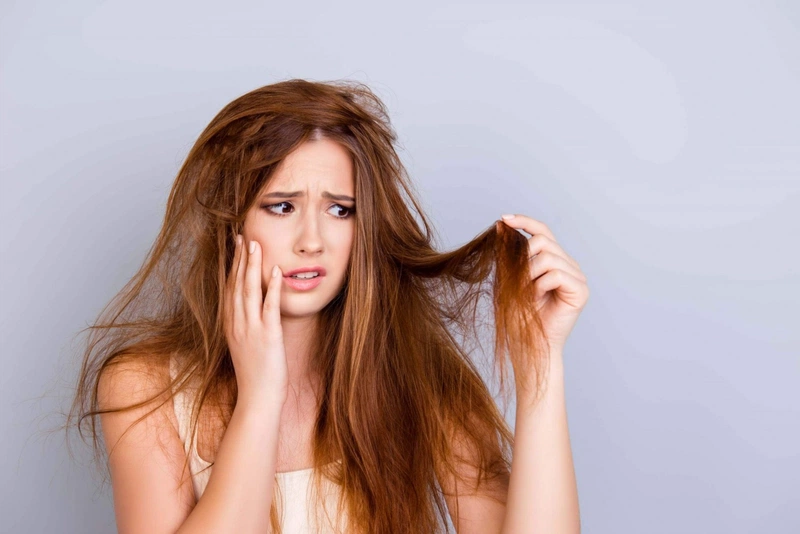
Hair is particularly vulnerable to the effects of chlorine. The chemical can weaken the hair’s structure, making it more prone to breakage and damage. Additionally, chlorine can strip the hair of its natural oils, leaving it dry, brittle, and susceptible to split ends. Prolonged exposure to chlorine can even cause hair discoloration, resulting in a greenish tint, especially for those with lighter hair colors.
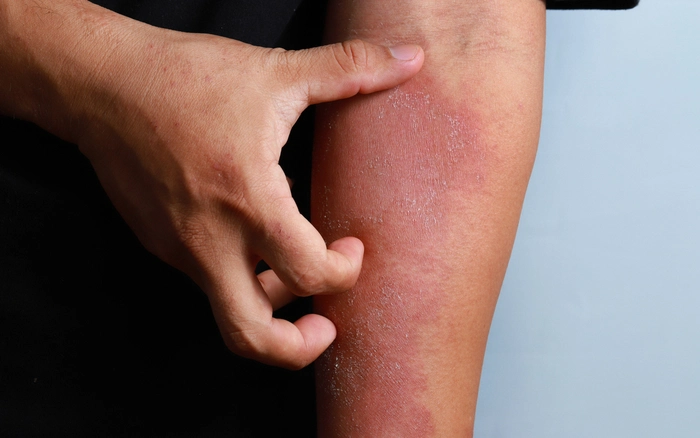
For individuals with pre-existing skin conditions like eczema, exposure to chlorinated pool water can exacerbate symptoms and trigger flare-ups. The drying and irritating effects of chlorine can further disrupt the skin’s delicate balance, leading to increased redness, inflammation, and discomfort.
Furthermore, chlorine may aggravate acne in some individuals by disrupting the skin’s natural barrier and exacerbating oil production. This can lead to increased breakouts and irritation, particularly in areas where chlorine concentration is higher, such as around the hairline and shoulders.
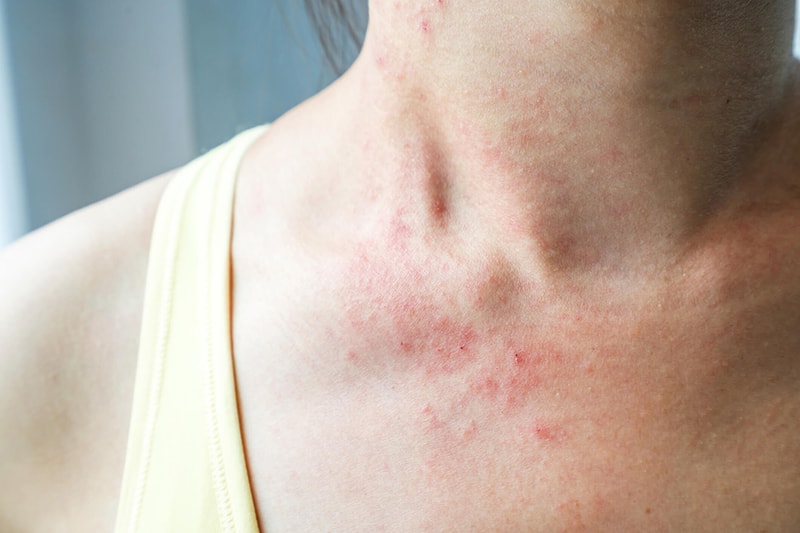
To minimize the negative effects of pool water on the skin and hair, it’s important to take precautions. Applying a waterproof sunscreen or barrier cream before swimming can create a protective layer, while wearing a swim cap can help shield the hair from direct exposure to chlorine. After swimming, rinsing off with fresh water and using a gentle, moisturizing cleanser can help remove chlorine and restore the skin’s natural oils. It’s also essential to moisturizing the skin and hair after swimming to replenish lost moisture and prevent dryness.
In conclusion, while swimming is a fun and refreshing activity, it’s important to be aware of the potential effects of pool water on the skin and hair. By taking appropriate precautions and practicing good skincare and haircare habits, swimmers can minimize the negative impact of chlorine and enjoy their time in the pool without compromising their skin and hair health.

Besides that after swimming, maintaining a healthy diet is crucial to support overall skin and hair health, as well as to replenish energy stores and promote recovery. Here are some dietary tips to consider after swimming
After swimming, maintaining a healthy diet is crucial to support overall skin and hair health, as well as to replenish energy stores and promote recovery. Here are some dietary tips to consider after swimming:
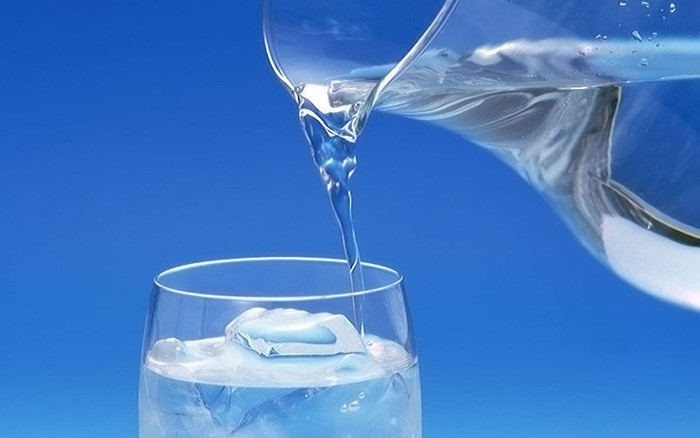

- Hydration: Replenishing lost fluids is essential after swimming, as dehydration can exacerbate dryness in the skin and hair.
- Nutrient-Rich Foods: Foods high in vitamins A, C, E, and omega-3 fatty acids can help nourish the skin and hair from within.
- Protein: Including protein-rich foods in your post-swim meals is essential for muscle recovery and repair.
- Antioxidants: Antioxidant-rich foods can help combat the oxidative stress caused by exposure to chlorine and other environmental factors.
- Healthy Fats: Omega-3 fatty acids found in fatty fish, flaxseeds, chia seeds, and walnuts are beneficial for skin and hair health.
- Limit Processed Foods and Sugary Snacks: Minimize consumption of processed foods, sugary snacks, and sugary beverages, as they can contribute to inflammation and may negatively impact skin health.

